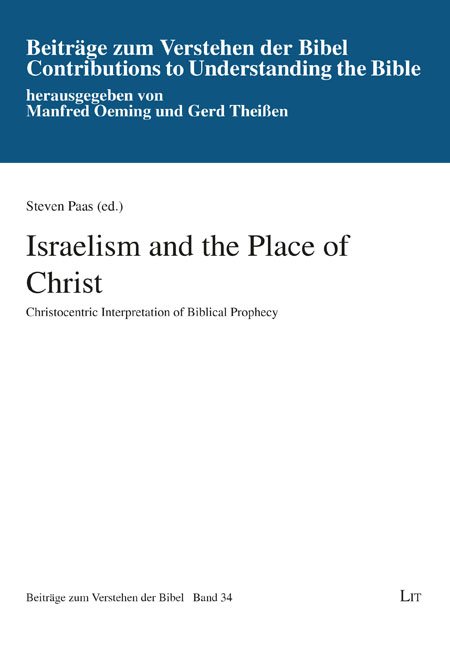In Spirit and Truth. Practical-Theological Considerations on Israel in Christian Spirituality

Abstract
Christian theology, though, aims to focus on the subject of the uniqueness and the essence of the revelation of Jesus Christ. In this essay I approach this question from the perspective of Christian spirituality. ‘Salvation is from the Jews’, Jesus tells the Samaritan woman in John 4. This statement has had at least a threefold impact upon Christian spirituality. First, Christianity received the worship of the God of Israel through Jesus of Nazareth. Christians worship no other God than the God of Israel. Salvation emerges from God’s dealings with Israel. Second, Christians and Jews share the Old Testament, in the Christian-Jewish dialogue generally known as the Hebrew Bible. That Christians use the term ‘Old Testament’ demonstrates that the same text is read in a different hermeneutical framework. In the background is the distinction between the old and the new covenant, a distinction made by the writer of the book of Hebrews (Hebr. 8). Nonetheless, Christianity shares the Hebrew Bible with the Jewish religion. In the remainder of this essay spirituality is used as an interaction of practices. Spirituality also refers to an attitude. This relates to the third aspect. The unique history of Israel as a nation among which God has revealed Himself evokes a different religious emotion than that which is felt toward other nations, despite the fact that theologians do not have a unanimous answer to the question of whether the difference between Israel and the nations is still religiously relevant after Pentecost. The spiritual attitude of gratitude embodies this religious emotion. Israel passed on God’s revelation to the world. This gift can only be received with gratitude. This characteristically Christian spiritual attitude emerges from Jesus’s saying that salvation is from the Jews.